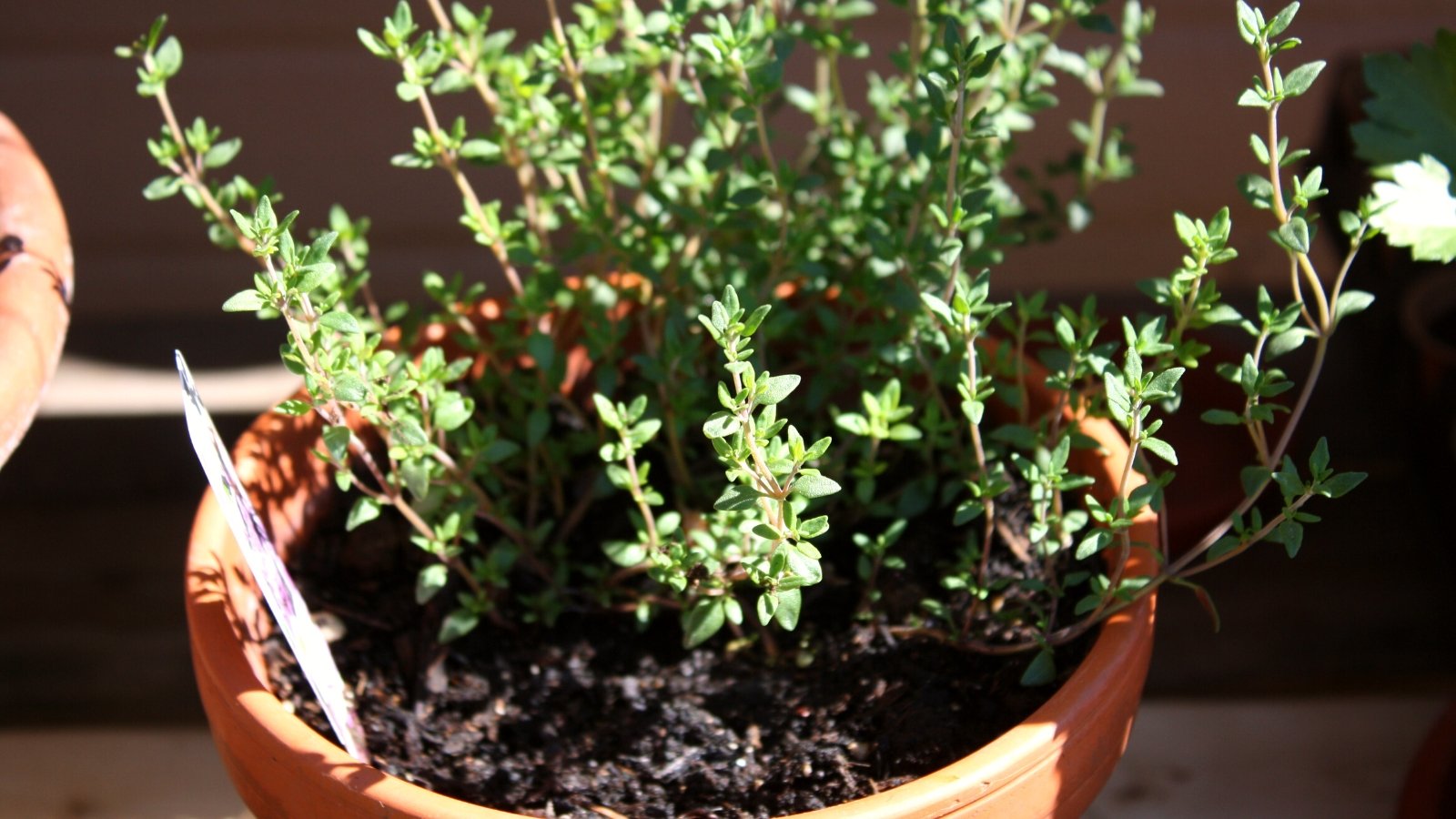Water is everywhere, so it all must be the same, right?
Wrong.
You might be using tap water for your garden and wondering if there’s a better option, or already using some other type of water (distilled, reverse osmosis, etc).
Regardless, as a gardener you can know a lot about plants, nutrients, and growth cycles and miss out on one of the most important ingredients…
The water you are using to nurture your plants.
Listen to this post on the Epic Gardening Podcast
Subscribe to the Epic Gardening Podcast on iTunes
Not All Water is Created Equal
In fact, some water isn’t good to use in the garden at all. It’s time to drop some knowledge about “the essential ingredient,” and I figured we’d start with a commonly discussed topic: distilled water.
What is Distillation?
The process of separating a liquid into the substances that make it up. By using the processes of evaporation and condensation, it’s possible to separate a liquid almost perfectly into its component parts.
Also called steam-distilled water, this type of water is put through a heating and evaporation process which removes the following from your water:
- Bacteria
- Parasites
- Viruses
- Organic chemicals
- Inorganic chemicals
- Heavy metals
- Volatile gases
- Other contaminants
You are left with something very close to pure water, a clean, natural, and healthy water. Water that is distilled via the steam method is the benchmark that all other types of water purification are measured by.
How To Make Distilled Water
It’s pretty simple to make distilled water at home if you’re the DIY type, but keep in mind you can also buy distilled water from the store for relatively cheap.
Sure, you’re paying for water that you can just get from your tap, but if you’re concerned about your tap water (which you should at least look into), then it can be a good option.
You can also buy a water distiller if you want to go high-tech.
- Distiller
- Clean Water
- Purified Water
Here’s how to do it:
If you don’t care to watch the video:
- Fill a stainless steel pot with a quarter inch of tap water
- Put a heat-resistant glass bowl in the pot so it floats.
- Take a glass lid, turn it upside down, and add ice on top.
- Turn on stove until water in the pot starts to boil.
- Once it starts boiling, turn down to a simmer.
- Add more ice to the lid if it melts.
Continue the process until you get enough distilled water as you need.
The water in the pot heats up and evaporates, but then hits the cold lid and condensates. It then drips into your bowl and voila! You’re left with pure water.
Using Distilled Water To Grow Plants
Just because you are working with pure water doesn’t mean that your plants are going to thrive. You need to consider a few other factors:
pH
Perfectly distilled water usually ends up with a pH of 7, which is neutral. However, some plants like a lower pH, especially when you consider the concept of nutrient lockout.
Nutrient Deficiency
If you’re growing hydroponically, you might run into a calcium or magnesium deficiency if you use distilled water. Because the primary culprits of hard water are calcium and magnesium, going with distilled means you remove them completely.
But plants need a little bit of each to thrive, and a lot of hydroponic nutrients don’t have enough.
Recommendation: Use a supplement like Cal-Mag to make sure you don’t run into these deficiencies.
Hopefully, some light has been shined on what distilled water is and how it fits into your gardening plans! Let me know if you have any experiences using it to grow your plants in the comments.















